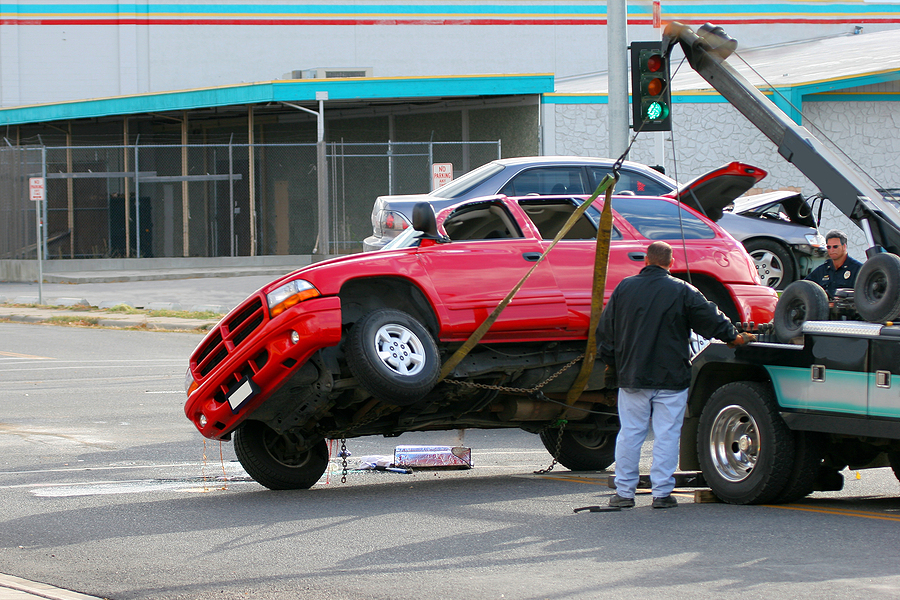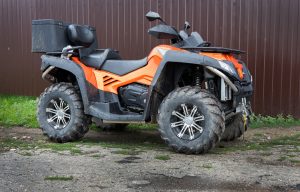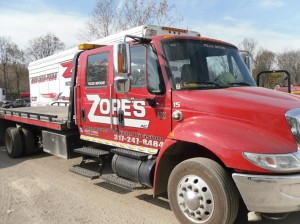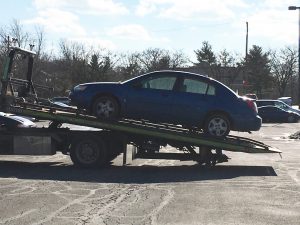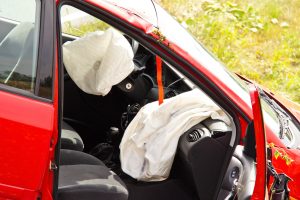Car wrecks are an unfortunate reality of modern day life. The aftermath can often be a chaotic scene filled with confusion, anxiety, and uncertainty. This is especially true when it comes to auto accident tows.
This guide aims to provide clarity and direction during these trying times, offering insights into how car accident towing services work, what to expect in terms of towing fees, and how to navigate this often stressful process efficiently. Keep reading to gain helpful knowledge that can make a significant difference in managing the aftermath of a motor vehicle accident.
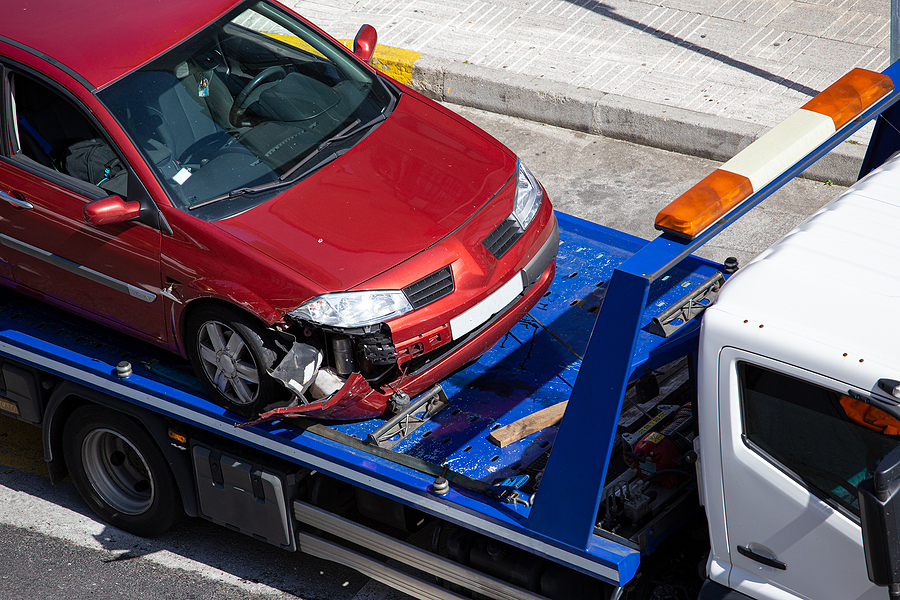
Understanding Car Accident Towing
Car accident towing is a necessary process that occurs when a vehicle involved in an accident is either immobile or deemed unsafe to drive. It involves the use of specialized vehicles and equipment to move damaged cars from the scene of the accident to a designated location, such as a repair shop or impound lot. In most cases, traffic clearance towing services are carried out by professional tow truck operators who are trained to handle these situations with care and efficiency.
Types of Towing Services
There are various types of towing services that may be offered by towing and recovery companies. Each type comes with its unique purpose and function. The most common types of motor vehicle accident towing include:
Flatbed Towing: This involves using a flatbed truck to transport the damaged vehicle. The damaged car is loaded onto the flatbed, making it easier and safer to move. This is a good option for lowboy cars like sports cars and import vehicles.
Wheel Lift Towing: In this method, a tow truck uses hydraulic lifts to hoist up one end of the damaged car and pull it along on its remaining wheels. This is also known as dinghy towing. It is typically used for cars that have minor damage and can still be driven.
Hook and Chain Towing: This type of towing uses chains attached to the car’s frame or axle to tow it. However, it is not commonly used these days due to the potential for further damage to the vehicle.
Factors Affecting Towing Fees
Towing fees can vary depending on several factors, including the type of tow truck used, distance traveled, time of day, and the severity of damage to the vehicle. It is essential to understand that these fees are set by individual tow truck companies and may differ from one service to another. In cases where insurance coverage applies, it is best to check with your insurance provider beforehand to understand what costs will be covered.
After an Auto Accident: What to Do
In the aftermath of a car accident, it can be challenging to stay calm and focused. However, there are crucial steps that you should take to ensure your safety and minimize any further damage or complications. Here’s what you should do:
► Check for injuries and call for medical assistance if needed.
► Move your vehicle out of the way, if possible, to avoid obstructing traffic.
► Move your vehicle out of the way, if possible, to avoid obstructing traffic.
► Contact the police and report the accident.
► Document the scene by taking photos of any damage to your car or other vehicles involved in the accident.
► Exchange information with the other driver(s) involved, including their name, contact details, and insurance information.
► Contact a trusted Indianapolis tow truck company to handle your traffic clearance towing needs.
In Summary
By following these steps and having a basic understanding of how car accident towing works, you can minimize stress and ensure a smoother process in the aftermath of an accident. Remember to stay calm and seek professional assistance when needed. With the right knowledge and preparation, navigating the aftermath of a car accident can become more manageable for everyone involved. Stay safe on the road!
Are you looking for emergency accident clearance services you can trust AND afford? Contact Zore’s Towing for 24 hour roadside assistance and tow truck service in Indianapolis and its surrounding counties. We provide towing, recovery, equipment transport, car lockout service, flat tire service, jump starts, refueling, and more!
Related Posts:
What To Do After Your Car Air Bag Deploys
How to Get Your Car Out After Driving into a Ditch
How to Find a Reliable Car Wreck Towing Service

